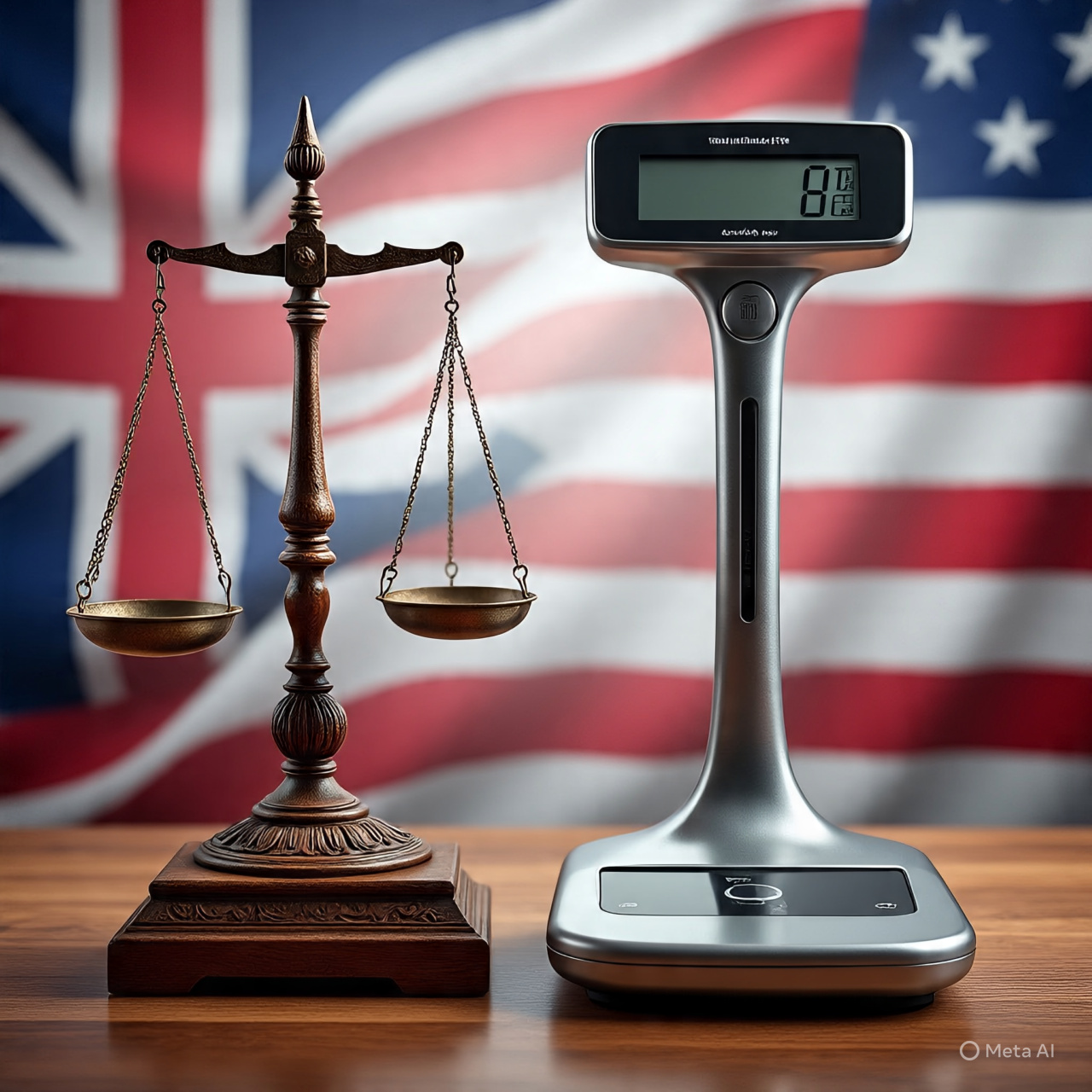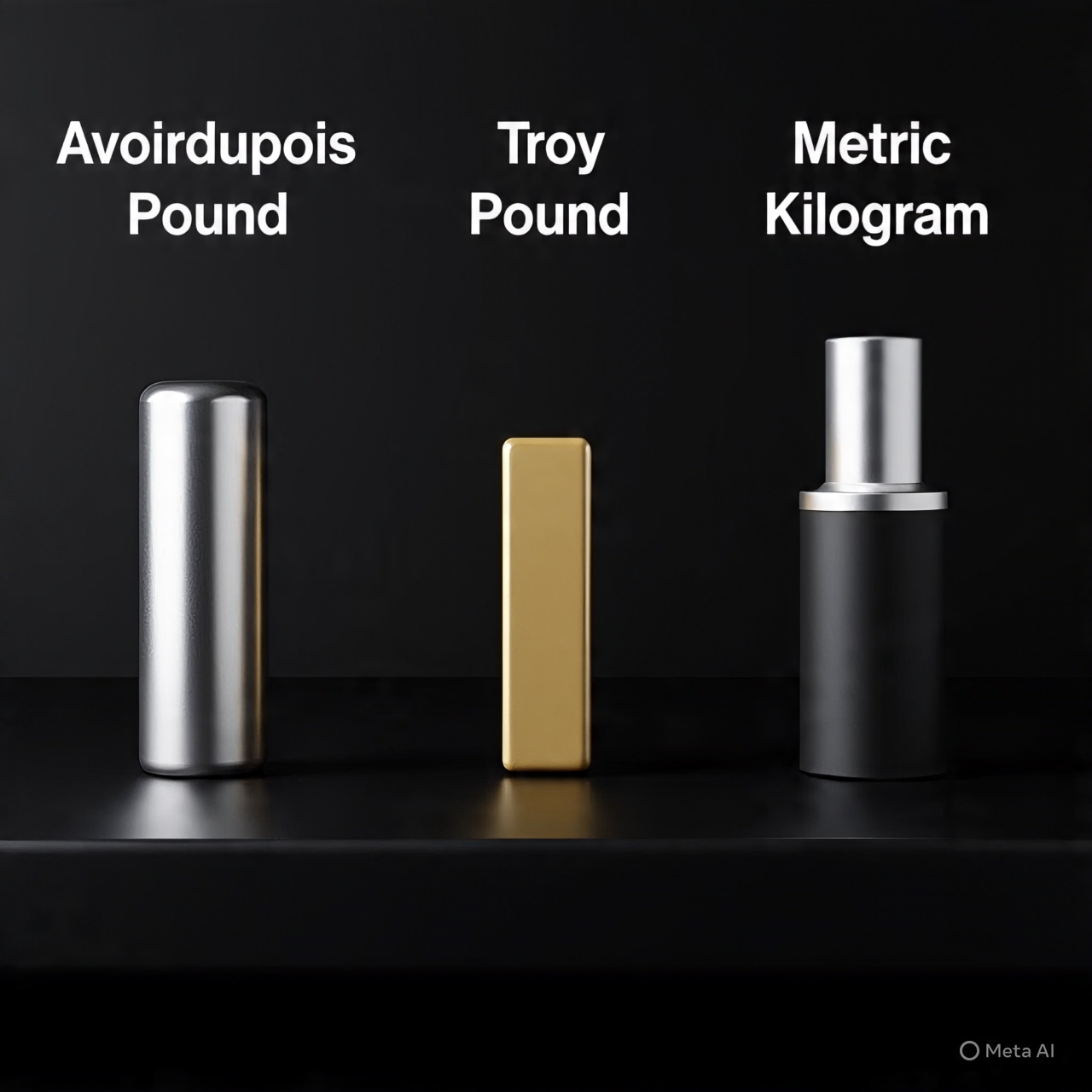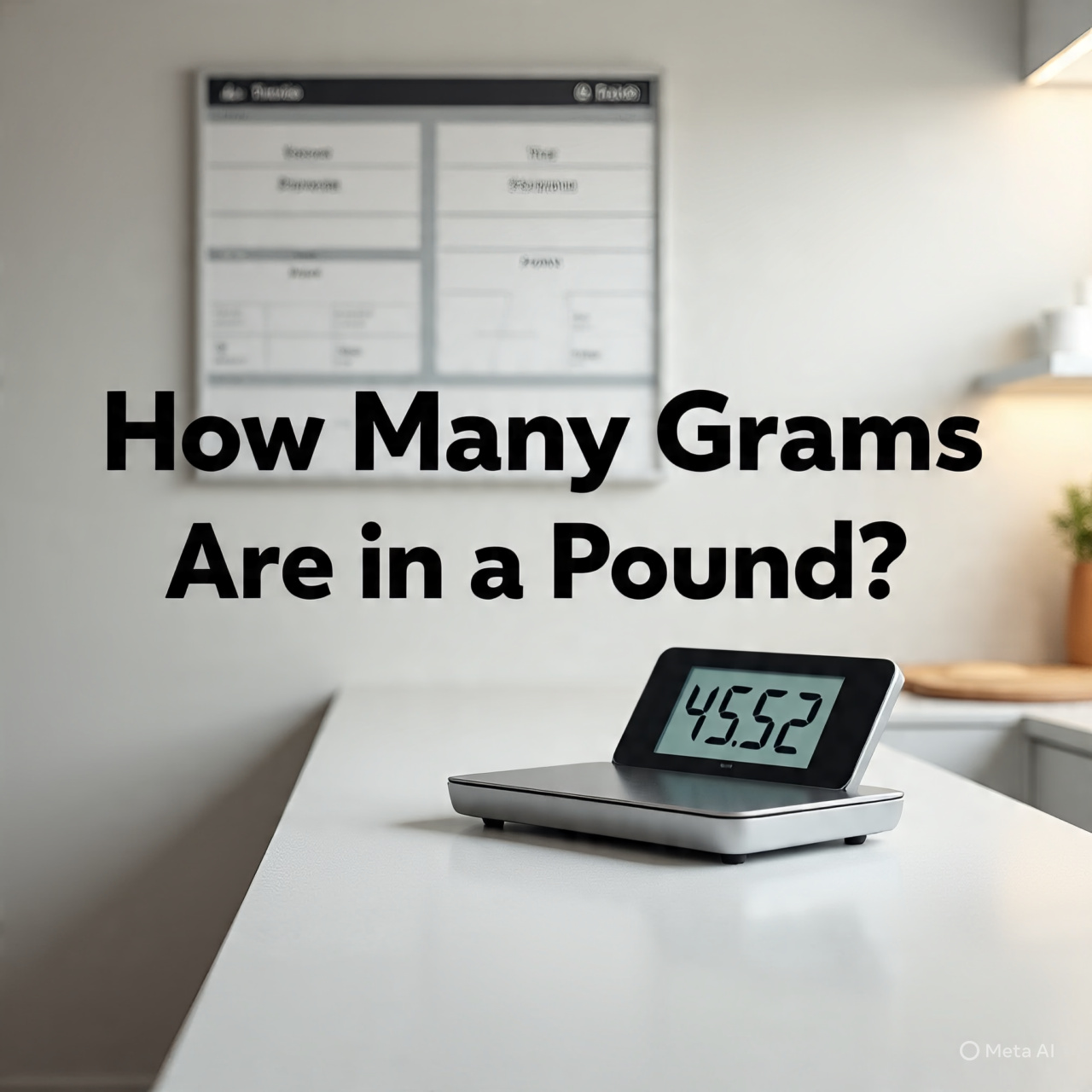Table of Contents
 How Many Grams Are in a Pound? A Comprehensive Guide to Weight Conversion
How Many Grams Are in a Pound? A Comprehensive Guide to Weight Conversion
Understanding weight conversions has become increasingly essential. Whether you’re trying out a new recipe, shipping items, or performing scientific experiments, knowing how many grams are in a pound ensures that everything goes smoothly. Many people want to know, “How many grams are in a pound?” The solution goes beyond a mere figure; it relates to historical context and precision. Let’s delve into this conversion so you can apply it effectively in various situations.
 Defining the Pound: A Measurement Unit Overview and Historical Background of the Pound
Defining the Pound: A Measurement Unit Overview and Historical Background of the Pound
The pound has existed for millennia, with its origins based on various objects or quantities used in different cultures. Over the years, standardized definitions were developed to achieve consistency. Currently, the pound is recognized as a specific unit for measuring weight.
 Different Variants of Pounds
Different Variants of Pounds
While there are multiple types of pounds, the most widely used is the avoirdupois pound, which you find in grocery stores and international trade. The troy pound, which is smaller, is used for precious metals such as gold and silver. It’s important to differentiate between these types for accurate measurements.
The Importance of the Pound in Different Nations
The pound is chiefly used in the United States and the United Kingdom, impacting everyday activities from shopping to shipping. Various nations may adopt differing standards, which could create confusion. Familiarity with the standard measurement is essential for precision in both trade and recipes.
The Exact Conversion Rate: Grams in a Pound
Standardized Conversion Rate
The official conversion rate is 1 pound = 453.59237 grams. This precise figure is based on international standards and is the most accurate to use. It is crucial for professionals who require high levels of precision, such as pharmacists and scientists.
Basis of the Conversion
The metric system refers to the International Prototype Kilogram, housed in France, as the standard, from which grams are derived. The pound is then defined in relation to the kilogram, ensuring consistent conversion across different regions. This approach guarantees that the conversion remains reliable regardless of your location.
Precision and Rounding Techniques
While the exact conversion is 453.59237 grams, it’s common to round this number for convenience. For regular use, rounding to 454 grams is adequate, but in scientific contexts, it’s important to stick to the exact figure. Always consider the required level of accuracy for your task before making any adjustments.
Real-World Uses of Pound-to-Gram Conversion
In Culinary Practices
Accurate measurements are crucial for achieving desired results in cooking. Many recipes utilize grams over pounds to avoid the variances caused by different scales. For instance, if a recipe specifies 1 pound of flour, converting this to grams guarantees uniformity, especially when using internationally sourced ingredients.
In Scientific Research
Exact measurements are vital for scientific experiments, where even minor variations can affect results. Accurately converting pounds to grams is critical for upholding research integrity. Proper weight measurements are also essential for calibration and ensuring the accuracy of equipment.
In Fashion and Retail Sectors
Jewelry is measured in grams rather than pounds. Knowing the precise weights is crucial when converting weights of gold or silver. Retailers dealing in fabrics or accessories in global markets also depend on accurate conversions for pricing and uniformity.
Helpful Tips and Tools for Accurate Conversion
Manual Calculation Techniques
The easiest method for conversion is to multiply by 453.59237. For instance, to convert 2 pounds, you would perform the calculation: 2 x 453.59237 = 907.18474 grams.
Digital Conversion Tools and Charts
Apps and online resources like Google or unit converters make finding quick answers easy. Printable conversion charts can also serve as useful references, particularly in busy kitchens or laboratories.
Common Errors to Avoid
Be mindful of rounding inaccuracies, as using 453 grams instead of the more precise 453.59237 grams can lead to errors. Additionally, confusion may arise from mixing up avoirdupois pounds with troy pounds. Always verify which type you are converting.
Expert Recommendations and Industry Standards
Weight measurement organizations, such as the National Institute of Standards and Technology (NIST), emphasize the importance of adhering to precise, standardized figures. Professionals in cooking, science, and jewelry all agree on the necessity for accuracy in weight conversions. Small discrepancies can lead to significant consequences — or errors.
Conclusion
The essential takeaway is straightforward: 1 pound equals 453.59237 grams. This figure is based on international standards, facilitating consistency across various industries and countries. For casual conversions, rounding to 454 grams is typically acceptable, but for precision, rely on the exact figure. Utilize dependable tools and double-check your units to minimize mistakes. When precision is paramount, particularly in scientific or professional contexts, always ensure you assess the required accuracy level.
Whether you’re involved in cooking, shipping, or measuring precious metals, knowing the exact number of grams in a pound allows you to maintain accuracy and confidence.




Pingback: Elementor #454 - coffeea2z.com